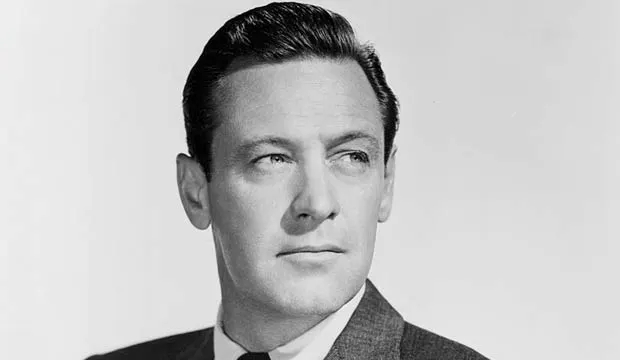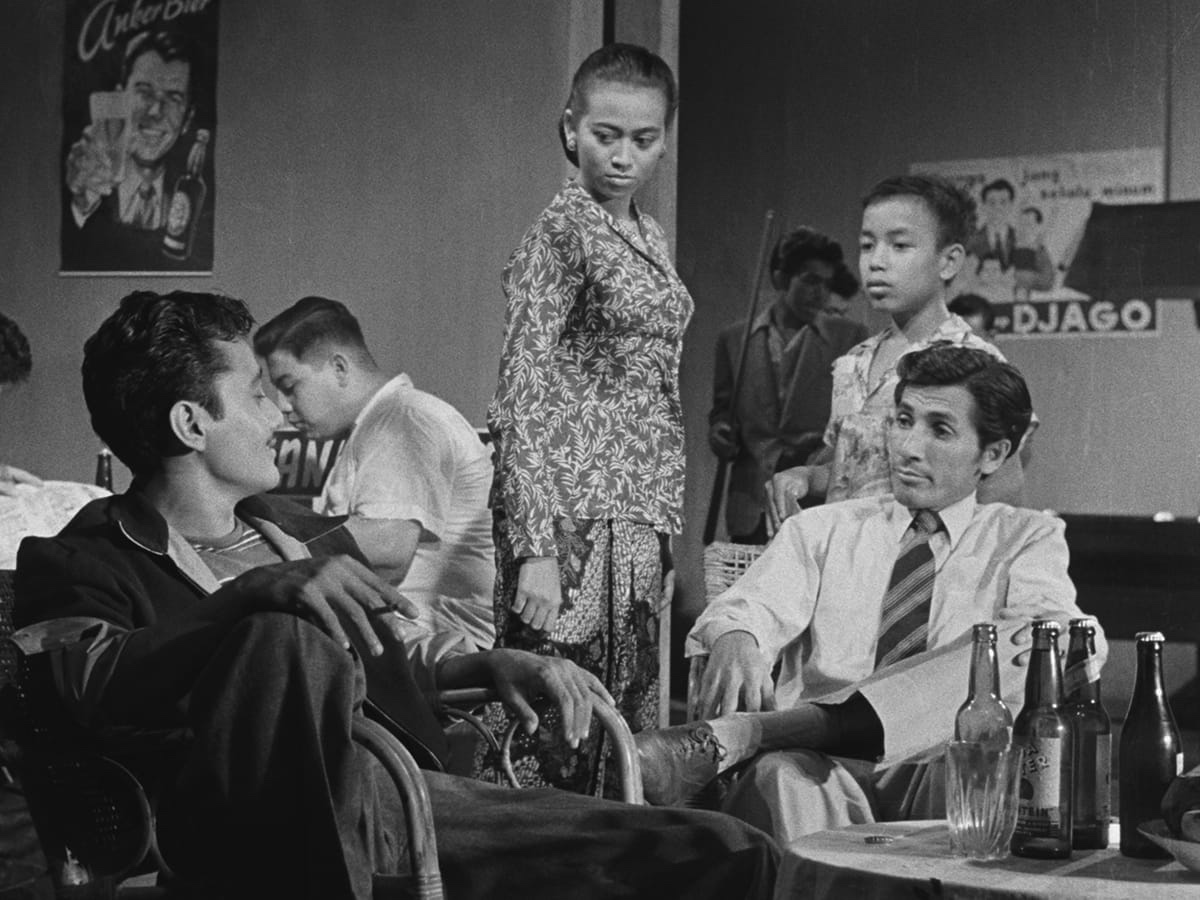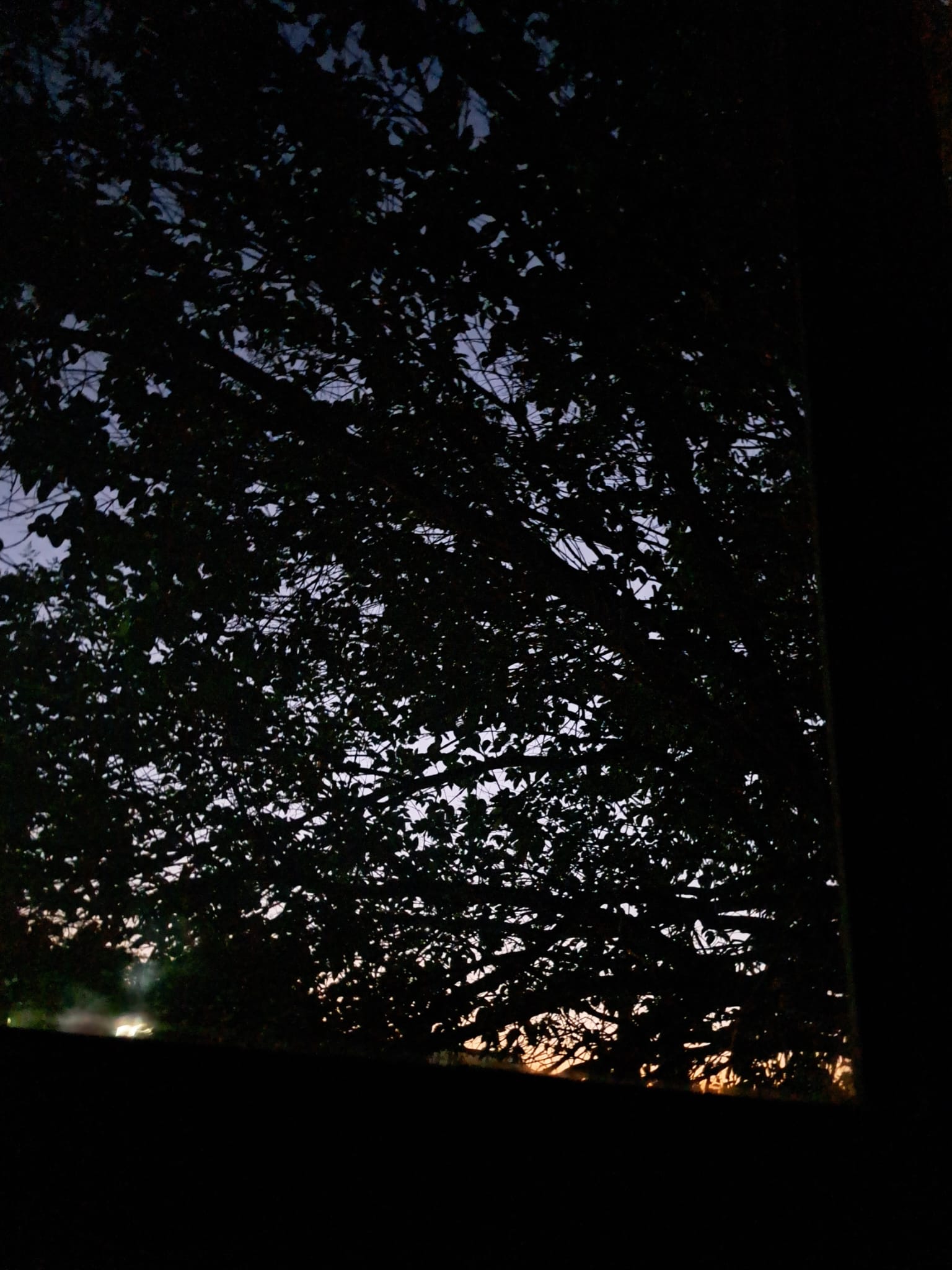[Search Blog Here. Index-tags are found on the bottom of the left column.]
[Central Entry Directory]
[Gregory Bateson, Entry Directory]
Circular Causality and the Pathetic Hypothetical
Gregory Bateson
A Necessary Unity
Every Schoolboy Knows
Consider the hypothetical form in logic, “if...then...”
We often think of causal examples. If I stay home from work, I will get fired. Bateson will show that in nature there is an essential causal form that is circular. But we cannot describe it using the hypothetical “if...then...” form.
We ask:
Can logic simulate all sequences of cause and effect? And the answer would have been no.
When the sequences of cause and effect become circular (or more complex than circular), then the description or mapping of those sequences onto timeless logic becomes self-contradictory. Paradoxes are generated that pure logic cannot tolerate. An ordinary buzzer circuit will serve as an example, a single instance of the apparent paradoxes generated in a million cases of homeostasis throughout biology. The buzzer circuit is so rigged that current will pass around the circuit when the armature makes contact with the electrode at A.
But the passage of current activates the electromagnet that will draw the armature away, breaking the contact at A. The current will then cease to pass around the circuit, the electromagnet will become inactive, and the armature will return to make contact at A and so repeat the cycle.
If we spell out this cycle onto a causal sequence, we get the following:
If contact is made at A, then the magnet is activated.
If the magnet is activate, then contact at A is broken.
If contact at A is broken, then the magnet is inactivated.
If magnet is inactivated, then contact is made.
This sequence is perfectly satisfactory provided it is clearly understood that the if ... then junctures are causal. But the bad pun that would move the ifs and thens over into the world of logic will create havoc:
If the contact is made, then the contact is broken.
If P, then not P.
The if . . . then of causality contains time, but the if . . . then of logic is timeless. It follows that logic is a incomplete model of causality. (70a-71c)
Bateson, Gregory. Mind and Nature: A Necessary Unity.
More information at:





.jpeg)





































No comments:
Post a Comment